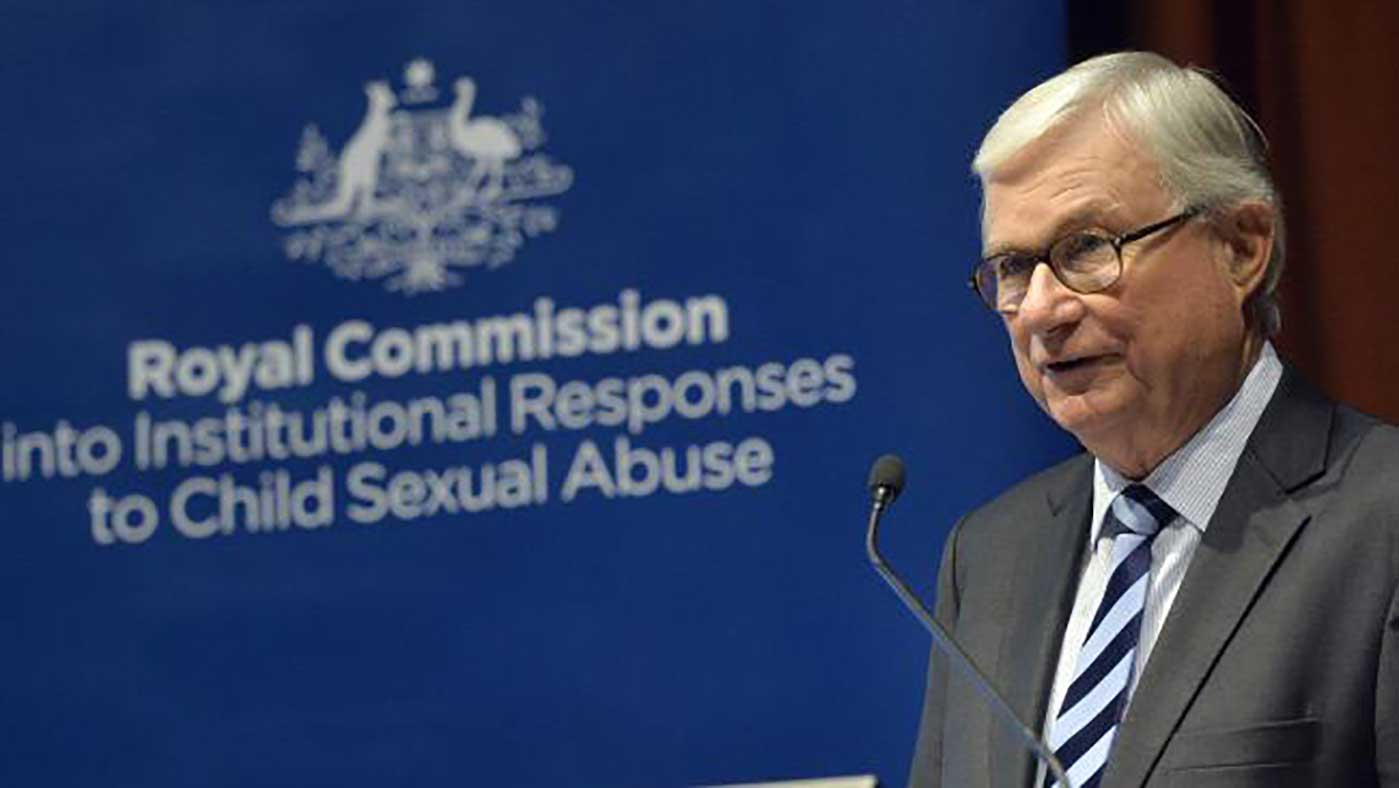Priest celibacy should be voluntary, says child abuse report
A five-year inquiry into institutional child abuse in Australia has delivered its findings

A free daily email with the biggest news stories of the day – and the best features from TheWeek.com
You are now subscribed
Your newsletter sign-up was successful
An Australian royal commission examining institutional responses to child abuse has suggested that the Catholic Church’s insistence on celibacy among priests has contributed to sexual assaults on children.
The report also called for “religious ministers, out-of-home care workers, childcare workers, registered psychologists and school counsellors [to be] obliged by law to report sexual abuse”, The Sydney Morning Herald reports.
The five-year inquiry concluded earlier today with the delivery of a 21-volume report containing 400 recommendations for government and organisations about how to prevent abuse.
The Week
Escape your echo chamber. Get the facts behind the news, plus analysis from multiple perspectives.

Sign up for The Week's Free Newsletters
From our morning news briefing to a weekly Good News Newsletter, get the best of The Week delivered directly to your inbox.
From our morning news briefing to a weekly Good News Newsletter, get the best of The Week delivered directly to your inbox.
“Tens of thousands of children have been sexually abused in many Australian institutions,” the report said. “We will never know the true number.”
Led by Justice Peter McClellan, the commission found that 61.8% of child abuse survivors reported that the abuse took place in institutions managed by the Catholic Church, and recommended to the Vatican that it should make celibacy for priests voluntary.
“While celibacy for clergy was not a direct cause of abuse, it elevated the risk when compulsorily celibate male clergy or religious figures had privileged access to children,” The Guardian reports.
Since the inquiry began in 2013, 2,559 allegations had been referred to police and 230 prosecutions for alleged child abuse have begun.
A free daily email with the biggest news stories of the day – and the best features from TheWeek.com
The Anglican Church received 1,115 complaints of abuse, and Jehovah’s Witnesses have been accused of covering up 1,000 alleged abusers.
Archbishop Denis Hart, the president of the Australian Catholic Bishops Conference, issued an “unconditional” apology, saying: “This is a shameful past, in which a prevailing culture of secrecy and self-protection led to unnecessary suffering for many victims and their families.”
-
 How the FCC’s ‘equal time’ rule works
How the FCC’s ‘equal time’ rule worksIn the Spotlight The law is at the heart of the Colbert-CBS conflict
-
 What is the endgame in the DHS shutdown?
What is the endgame in the DHS shutdown?Today’s Big Question Democrats want to rein in ICE’s immigration crackdown
-
 ‘Poor time management isn’t just an inconvenience’
‘Poor time management isn’t just an inconvenience’Instant Opinion Opinion, comment and editorials of the day
-
 Epstein files topple law CEO, roil UK government
Epstein files topple law CEO, roil UK governmentSpeed Read Peter Mandelson, Britain’s former ambassador to the US, is caught up in the scandal
-
 Iran and US prepare to meet after skirmishes
Iran and US prepare to meet after skirmishesSpeed Read The incident comes amid heightened tensions in the Middle East
-
 Israel retrieves final hostage’s body from Gaza
Israel retrieves final hostage’s body from GazaSpeed Read The 24-year-old police officer was killed during the initial Hamas attack
-
 China’s Xi targets top general in growing purge
China’s Xi targets top general in growing purgeSpeed Read Zhang Youxia is being investigated over ‘grave violations’ of the law
-
 Panama and Canada are negotiating over a crucial copper mine
Panama and Canada are negotiating over a crucial copper mineIn the Spotlight Panama is set to make a final decision on the mine this summer
-
 Why Greenland’s natural resources are nearly impossible to mine
Why Greenland’s natural resources are nearly impossible to mineThe Explainer The country’s natural landscape makes the task extremely difficult
-
 Iran cuts internet as protests escalate
Iran cuts internet as protests escalateSpeed Reada Government buildings across the country have been set on fire
-
 US nabs ‘shadow’ tanker claimed by Russia
US nabs ‘shadow’ tanker claimed by RussiaSpeed Read The ship was one of two vessels seized by the US military